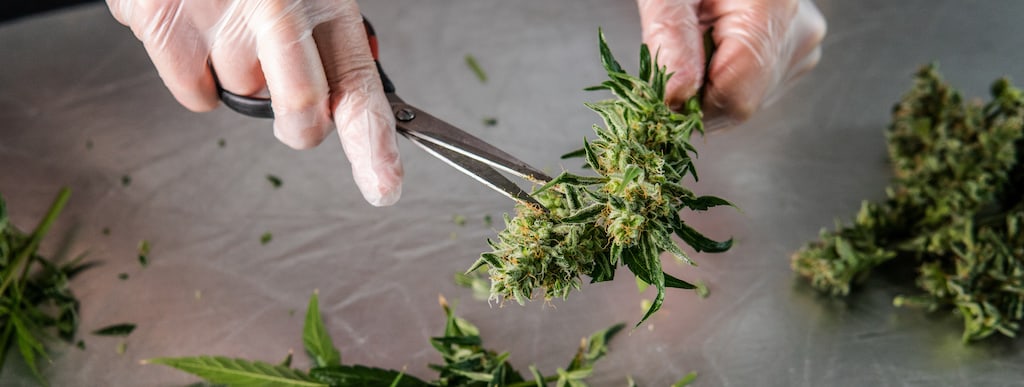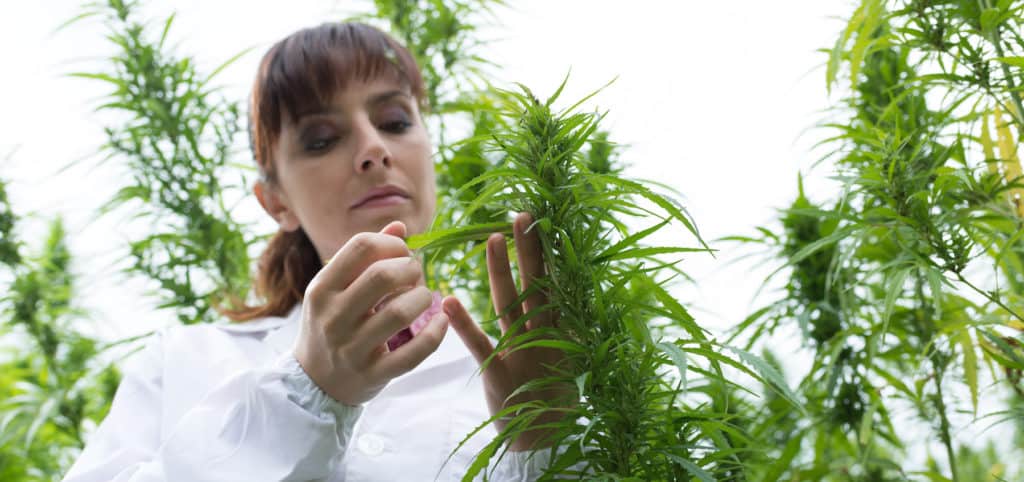Cannabis and Alternative Medicine Progression
TLDR: Continued investment into alternative medicines and the new health and wellness paradigm will ultimately return huge gains both for investors and people. Covid-19 has only reinforced the need for pro-active instead of reactive healthcare models. The focus needs to be on new and more sustainable treatment.
Opening the Door

Cannabis has been a major contributing catalyst for a shift in health and wellness thinking on a global scale. While synthetic medicines are an enormous medical advancement there is also systemic abuse fostered by a pharmaceutical system that derives disproportional profit for companies from medications they produce; essentially turning the afflicted into profit machines. At times even manufacturing or hyping illnesses/symptoms (known as ‘Disease Mongering’), “creating” a cure, and providing physician incentive or manipulation for a prescription. Nowhere is this abuse represented more prolifically than in the USA or globally by the opioid crisis. How many of us don’t know of someone who has been affected by opioid abuse/addiction? To be clear the vast majority of pharmaceutical companies have altruistic aims, focus on healing, and are not responsible for this; it is (generally) a systemic issue. However, let’s look at some very startling statistics:
- 1999-2018: 450k died from opioid overdose. Drastic increases due to synthetic opioids (CDC)
- Cancer rates on the rise globally. 1/3 can be prevented (WHO)
- Antibiotic Resistant Bacteria – One of the largest threats to global health (WHO)
- 2019-2023: Global Health Care spending CAGR 5%, 2014-2018 was 2.7% (Deloitte, BMJ)
These are just the tip of the iceberg in a global health crisis that, in our lifetimes, will become a history-defining issue. Cannabis is not the answer to all these problems. Neither is a complete shift away from synthetic medicine. A balanced, forward-thinking, thoughtful, and most importantly proactive approach is required to begin mitigating current damage and changing how we think about healthcare.

Alternative Medicine
A phrase that tends to polarize and conjures images of unprofessional treatment. By definition, ‘any of a range of medical therapies that are not regarded as orthodox by the medical profession’. At its core, it is pushing the boundaries of science, research, and discovery. When facing the issues outlined above the usual (orthodox) health paradigm does not seem to be solving but creating problems. Research is currently discovering the vast potential of cannabis healing properties.
Our bodies have an endocannabinoid system designed to work with the plant. Cannabis can help treat many different conditions including: helping kill cancer cells, control/cure forms of epilepsy, and chronic pain management. It is also been illegal globally for most of recent history yet is proven to be less harmful than alcohol.
The reasons of which are a complex web of sociological, political, and profit driven factors. Perhaps it is time to take a look at what we think we know and reexamine elements of alternative medicine and what part it plays in all of our future. That when we hear about cannabis being used for epilepsy, psychedelic mushrooms used to treat depression, or manuka honey killing drug resistant bacteria, we should take a closer look. Perhaps it is time to really look at what we think we know, how things work, and take an unorthodox approach.
Investment Development
Businesses exist primarily to make money, and no one should be under any illusion as to this fact. Pharmaceutical companies are businesses. The pressure to generate larger and larger returns for investors can create ethically challenging situations for leaders.
However, as alternatives to the traditional healthcare model and treatments are discovered, or required, alternative medicine is going to become one of the fastest moving and most lucrative areas of investment. Simultaneously it can help remedy some of the issues caused by the current pharmaceutical model and promote proactive instead of reactive healthcare solutions. Research and development is a long, expensive, and highly regulated process.
The more organized and heavily funded the faster discoveries can be made, monetized, and distributed to patients. The current Covid-19 crisis should only serve to embolden investments into the healthcare sector as this is likely the start of a continuing problem and not a temporary one.



Recent Comments